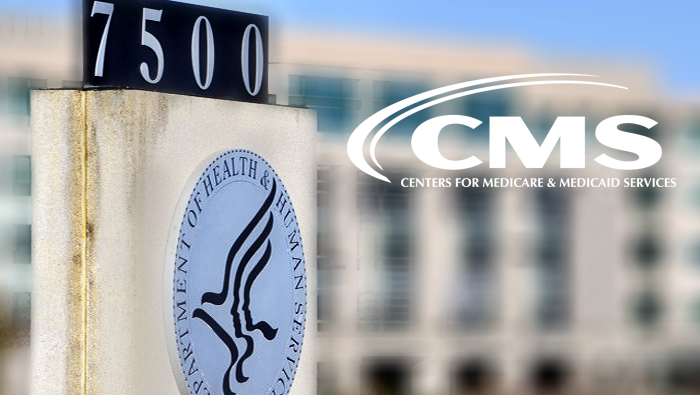It’s That Time of Year Again – Medicare Part D Notices Due (2020 Edition)
When Congress passed the Medicare Prescription Drug, Improvement, and Modernization Act in 2003 implementing prescription drug coverage under Medicare (commonly known as Part D), it required all employers that offer prescription drug benefits to provide an annual notice to all Medicare-eligible plan participants and qualified beneficiaries before October 15th of each year, the start of the Medicare open enrollment period. This could include not only retirees and their dependents, but active Medicare-eligible employees and their dependents, and COBRA participants as well. For most employers, rather than determine which actives, retirees, dependents, and COBRA participants are Medicare-eligible, it’s easier to blanket the entire population with this annual notice.
The notice requirement applies to all employers who offer prescription drug coverage, regardless of size, whether insured or self-funded, or ACA grandfathered status. It also applies whether the prescription drug coverage is standalone or integrated into another plan, such as a medical plan.
The notice requires the plan sponsor to first determine if the prescription drug coverage it offers is creditable (meaning it is on average at least as comprehensive as Medicare Part D coverage) or noncreditable. The Centers for Medicare and Medicaid Services (CMS), which is the federal agency responsible for Medicare, provides employers with a “simple” process to determine whether prescription drug coverage is creditable or not. If a plan is fully insured (as opposed to self-funded), the insurance carrier can often assist in making that determination.
Once prescription drug coverage is determined to be creditable or noncreditable, CMS provides model notices to send to participants for creditable coverage in both English and Spanish. Noncreditable model notices in English and Spanish are also provided.
Notices may be sent separately, included as part of open enrollment or other benefit-related materials, or electronically. However, to use the electronic method to provide notices, there are very strict rules:
Participants who are to receive electronic notices must have regular work-related computer access to the sponsor’s electronic information system. However, plan sponsors that use this disclosure method must inform participants that they are responsible for providing notices to any Medicare-eligible dependents covered under the group health plan.
Electronic notice may also be provided to employees who do not have regular work-related computer access to the plan sponsor’s electronic information system and to retirees or COBRA qualified beneficiaries, but only with a valid email address and their prior consent. Before individuals can effectively consent, they must be informed of the right to receive a paper copy; how to withdraw consent; how to update address information; and any hardware/software requirements to access and save the disclosure. In addition to emailing the notice to the individual, the sponsor must also post the notice (if not personalized) on its website.
Lastly, all plan sponsors must notify CMS within 60 days of the start of each plan year as to whether their prescription drug plan is creditable or noncreditable. For calendar year plans, this means by March 1st.
The Medicare Part D notice is one of many for plan sponsors of group medical plans. Be sure to stay in compliance with these and other plan requirements.


